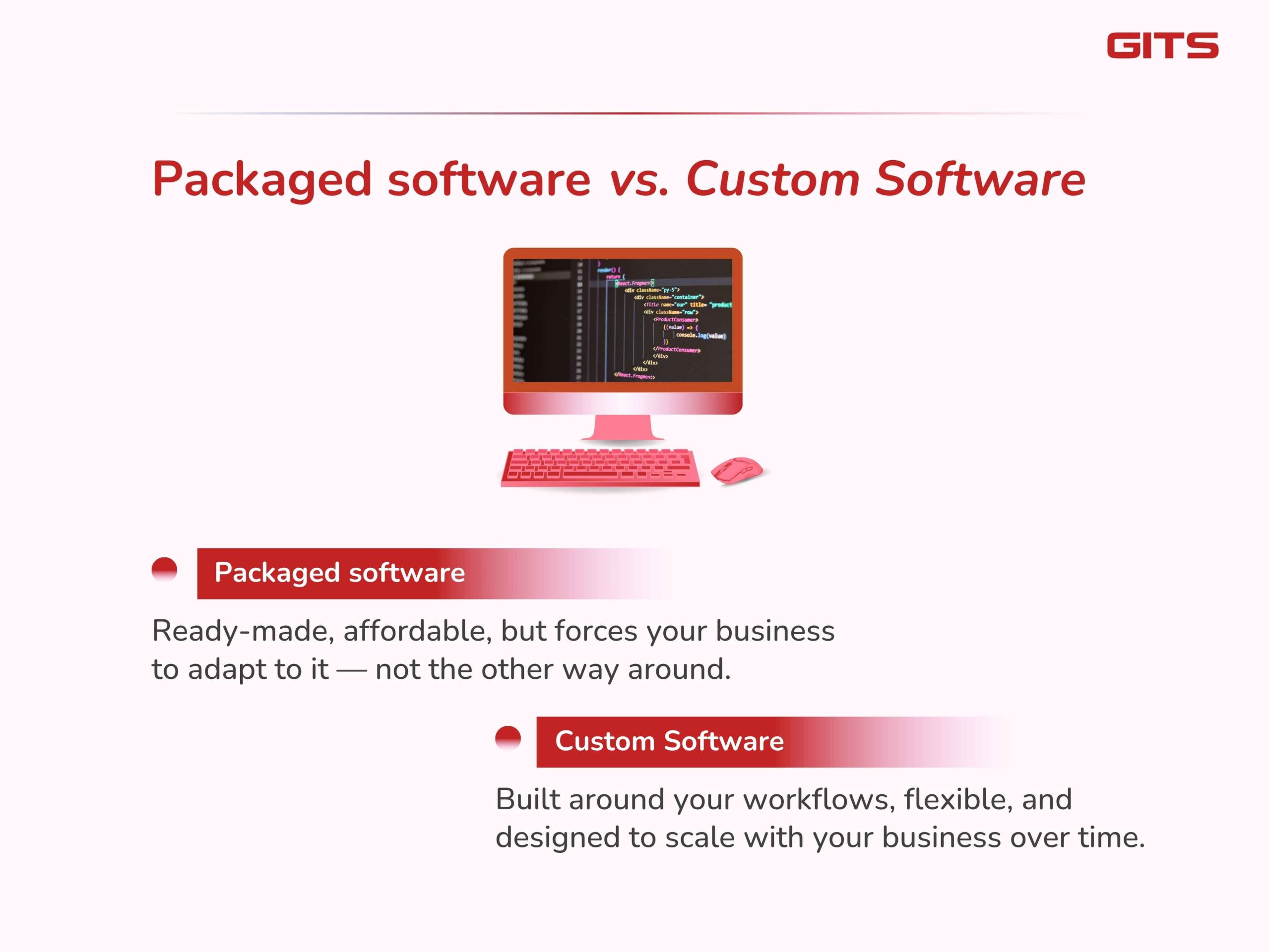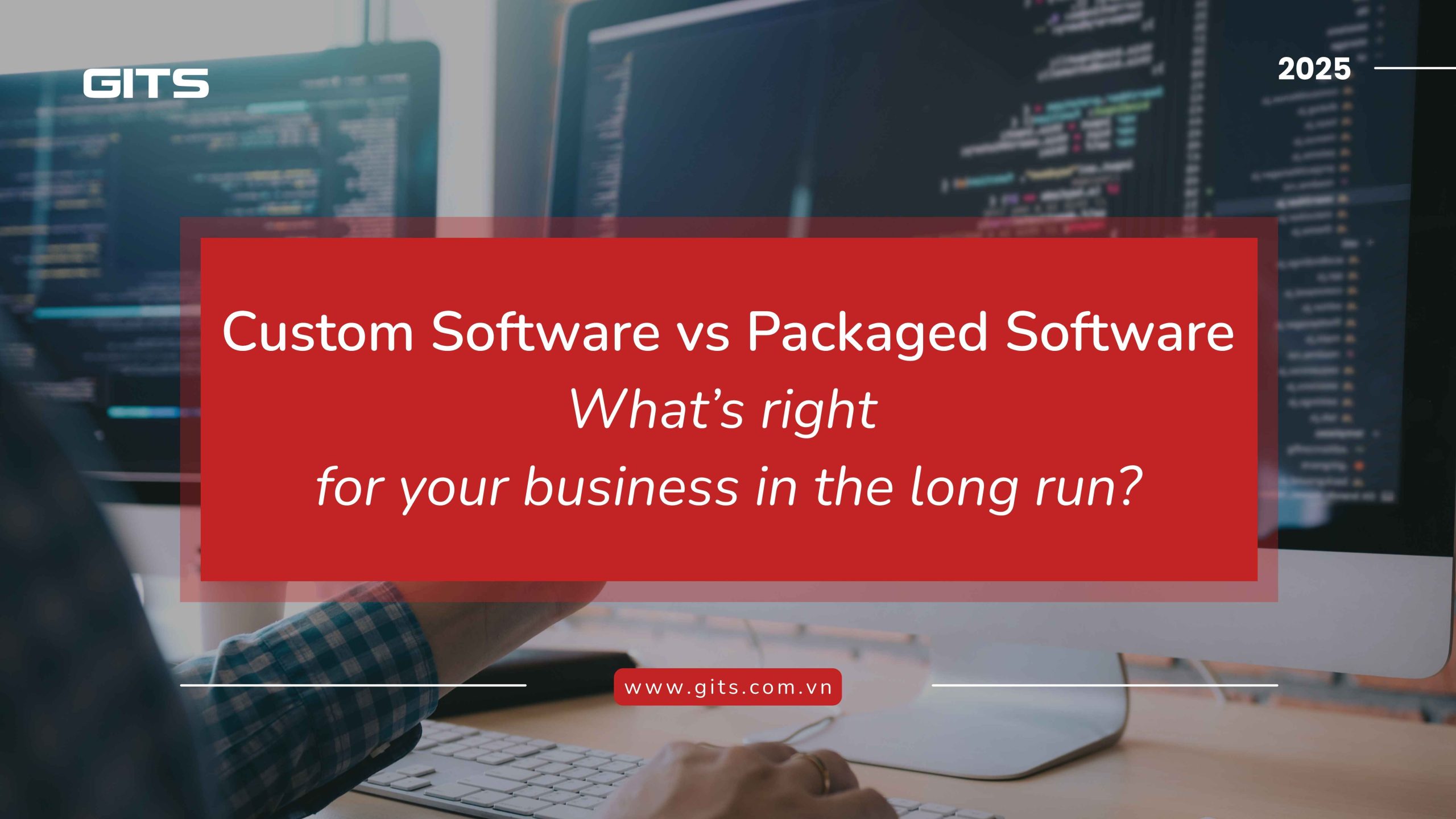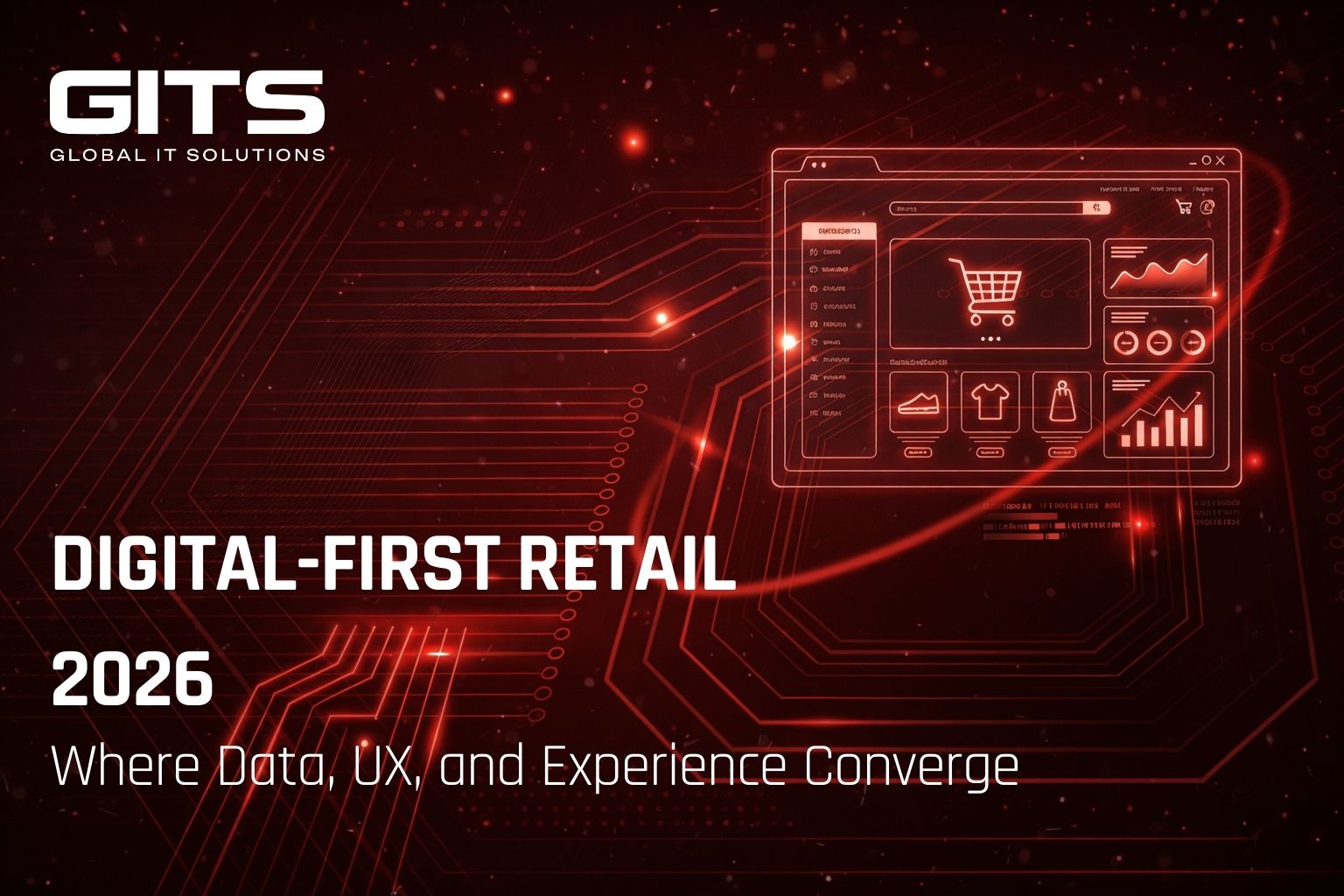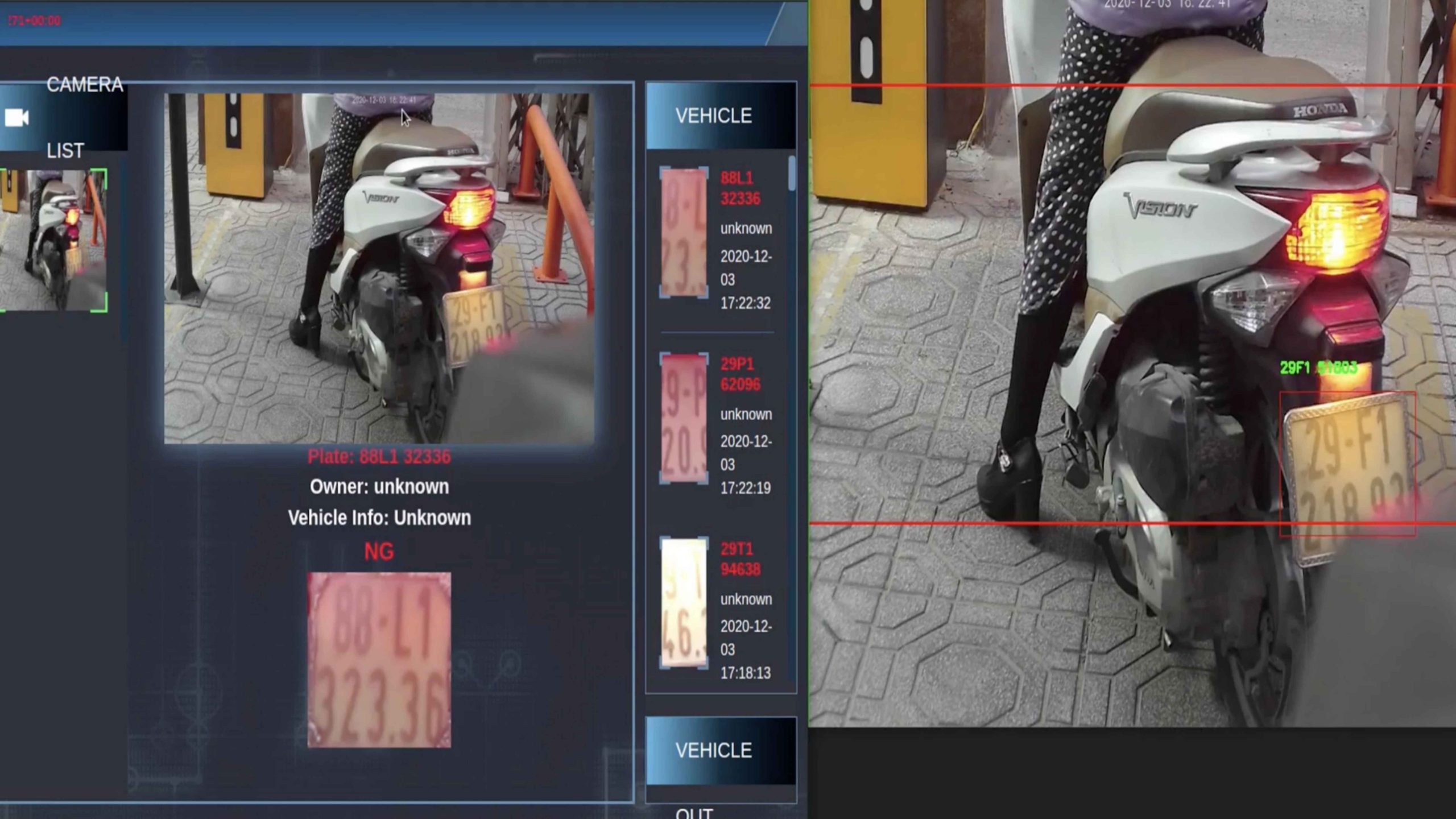In today’s rapidly evolving digital landscape, the software decisions you make today can shape your company’s trajectory for years to come. For growing businesses, one of the most fundamental choices is whether to adopt packaged software — pre-built, off-the-shelf tools — or to invest in custom software tailored to your unique needs. While both options have their merits, they serve different purposes and are suited to different growth strategies.
At GITS, we’ve worked with businesses at various stages of growth — from early startups to enterprises undergoing digital transformation. One trend we consistently observe is that the right software decision depends not only on current requirements, but also on your long-term vision.
What is packaged software?

Packaged software, sometimes called off-the-shelf or ready-made software, refers to pre-built applications designed for mass-market use. These solutions typically come with a predefined set of features aimed at solving common business needs — such as accounting, HR management, or CRM.
Because these products are developed for broad usage, they’re often easy to implement and budget-friendly. Companies can license the software, deploy it quickly, and start using it right away. Solutions like QuickBooks, Salesforce, or Microsoft 365 are widely adopted precisely because they cover generic, repeatable tasks effectively.
The pros and cons of packaged software
One of the strongest appeals of packaged software is its speed and affordability. When you need to get up and running fast — such as implementing a payroll system or setting up basic inventory tracking — packaged tools offer convenience. Vendors often provide support, updates, and integration options, making it a practical choice for companies with limited IT resources.
However, the drawbacks of packaged software begin to show as your operations become more complex or unique. Because these tools are designed for general audiences, they might lack the flexibility to adapt to niche workflows or industry-specific requirements. Companies in manufacturing, logistics, or regulated industries often find themselves constrained by the limitations of packaged tools — forced to change internal processes to match the software, rather than the other way around.
For instance, one of our clients in the logistics sector initially used a standard warehouse management system (WMS) that didn’t support their hybrid inventory model. As their operations scaled, they faced bottlenecks that couldn’t be resolved with configuration alone. Ultimately, they switched to a custom WMS developed by GITS, and within six months, saw a 35% reduction in manual processing errors and a 20% boost in throughput.
What is custom software?

Custom software is built specifically for your business, from the ground up. It addresses your exact operational needs, user journeys, and scalability requirements. From the interface design to system architecture, everything is tailored to your workflows and long-term strategy.
While custom software takes longer to develop and requires higher initial investment, the payoff comes in the form of deep integration, automation, and competitive differentiation. You’re not limited by predefined feature sets or licensing models. Instead, you own the system — and control its roadmap.
When custom software makes sense
Custom software isn’t always the right answer, especially for companies that need quick, generic solutions. But for businesses where software plays a critical role in daily operations — such as logistics, fintech, healthcare, or e-commerce — going custom is often not just a solution, but a strategic move.
Let’s take the case of a mid-sized e-commerce retailer we worked with. They were using a combination of third-party tools for order management, customer service, and returns. As order volumes grew, inefficiencies started to pile up: customer data was scattered, fulfillment delays became common, and return tracking was inconsistent. Instead of continuing to patch these gaps with integrations, they partnered with us to develop a unified Order Management System tailored to their operations. Within a year, their average order processing time dropped by 40%, and customer satisfaction scores improved significantly.
These gains weren’t just about features — they were about designing a system around real operational needs.
Cost considerations: upfront vs long-term ROI

At first glance, packaged software almost always appears cheaper. You pay a subscription or license fee, and you’re good to go. But this short-term affordability can mask long-term costs.
Companies often outgrow their packaged tools and end up purchasing add-ons, hiring consultants, or reworking processes to compensate for misalignment. In many cases, they later invest in custom solutions anyway — paying twice, once for the temporary fix and again for the permanent one.
Custom software, on the other hand, has a higher upfront cost due to development time, system design, and implementation. But the ROI unfolds over time. You save on licensing fees, increase productivity through automation, reduce manual errors, and gain competitive advantages. Most importantly, you’re building a digital asset that grows with your business.
Scalability and Flexibility
Scalability is another key factor to consider. Packaged software is often rigid. You might find it hard to accommodate new workflows, system integrations, or geographical expansion. Even if the vendor offers an enterprise version, adapting it to your exact needs can be costly and time-consuming.
Custom systems, on the other hand, are designed with scalability in mind from the outset. As your business evolves, your software evolves with it. Need to add multi-language support? Automate new processes? Integrate with IoT devices? With a custom solution, these aren’t obstacles — they’re opportunities.
One of our manufacturing clients, for example, started with a basic production management module. As their exports grew across Southeast Asia, we added new layers to the system: multi-currency support, localized compliance tracking, and real-time dashboards for regional managers. That kind of agility simply isn’t possible with rigid packaged tools.
Security and compliance

In sectors like healthcare, finance, and logistics, compliance and data security are non-negotiable. Packaged software providers usually offer general protections, but you may have limited control over data storage, encryption standards, or audit trails. If your business operates under strict regulatory frameworks (like HIPAA, GDPR, or ISO 27001), these limitations can become a liability.
Custom software allows you to bake compliance and security into the system from day one. You can define how data is stored, processed, and accessed — and build detailed audit features for peace of mind.
For instance, a fintech partner of ours required strict access controls and transaction logging for every user interaction. By building their core banking system in-house with our team, they passed independent audits with minimal remediation and reduced their risk exposure significantly.
Long-term business value
Perhaps the most overlooked advantage of custom software is its strategic value. You’re not just building a tool — you’re investing in a system that supports your business’s identity and growth.
Your software becomes an asset. It can be continuously optimized. It strengthens your brand by delivering a consistent and differentiated user experience. And as AI, automation, and data analytics become central to operations, owning your software stack gives you a clear edge over competitors relying on generic platforms.
Which should you choose?

There’s no universal answer — the right choice depends on how software fits into your business model.
If your need is simple, time-sensitive, and non-critical, packaged software is a smart starting point. But if software is core to your value chain, affects customer experience, or will need to scale with you, investing in custom solutions could be the best strategic decision you make.
At GITS, we don’t take sides — we take the time to understand your business, your industry, and your future. Whether it’s customizing a packaged tool to get more value or building a robust system from scratch, our goal is the same: to equip you with software that doesn’t just work — it wins.
Ready to explore what’s best for your business?
Let’s talk. Whether you’re facing limitations with your current tools or looking ahead to the next stage of growth, GITS is here to help you navigate the right path.
Contact GITS for a free consultation. Let’s build software that fits — today and tomorrow.

















